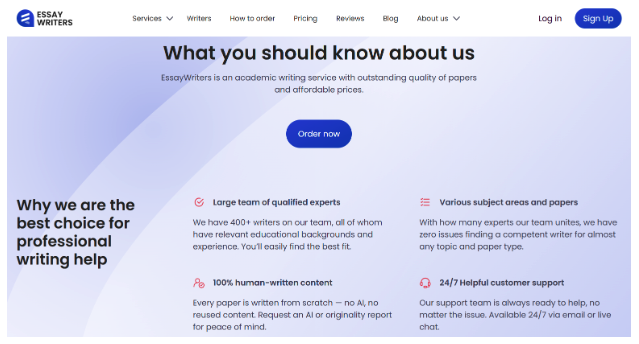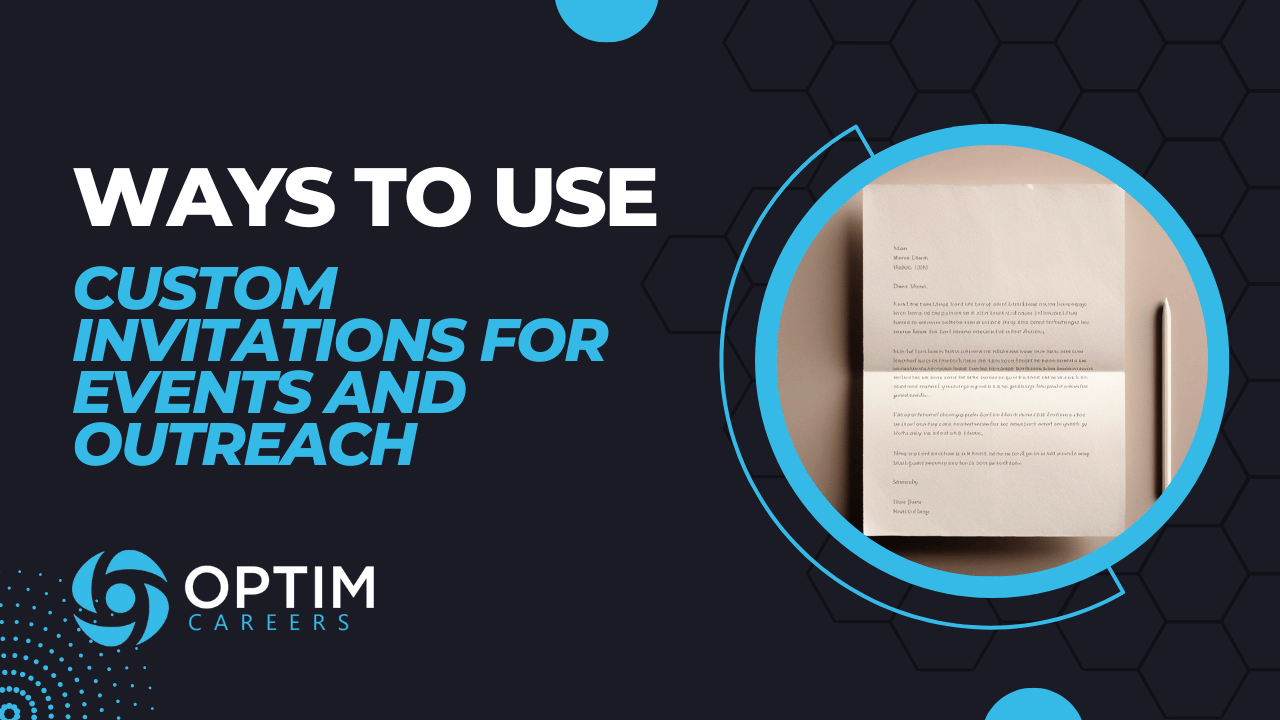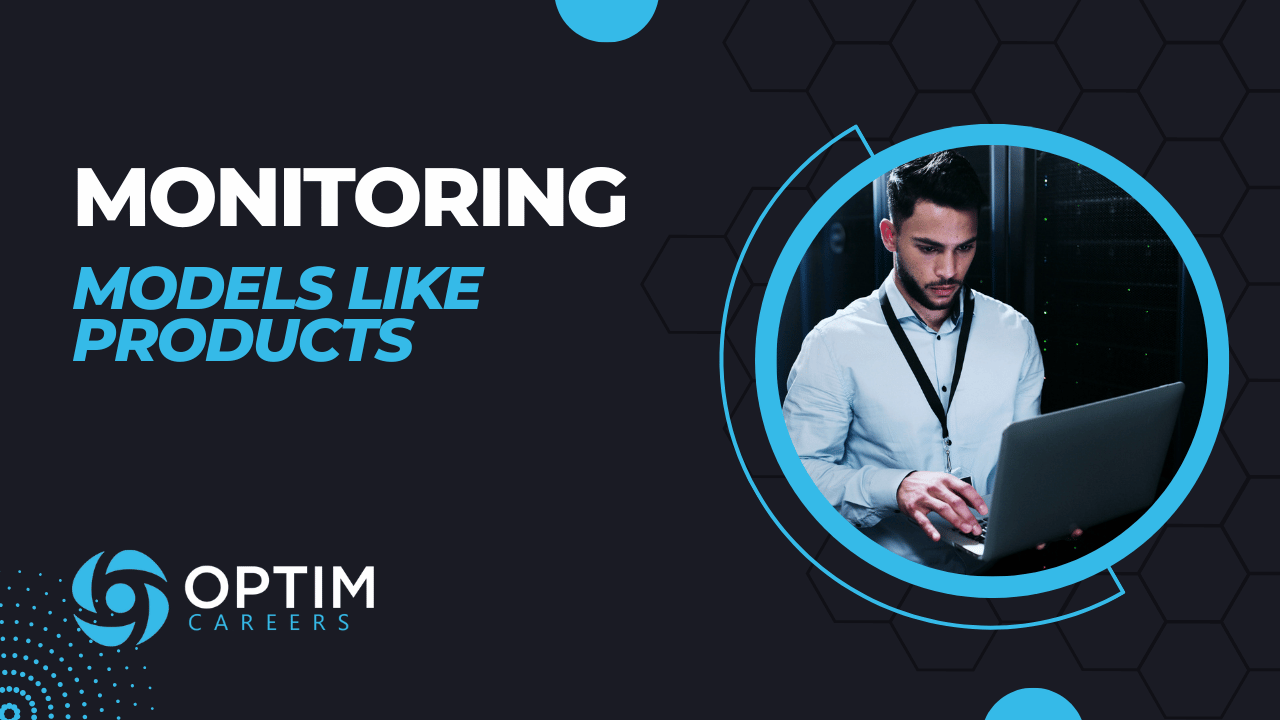Summary For Resume With No Experience [Examples & Formula]
There is a lot of advice on the internet about how to write a resume summary. I have many resume articles about writing a summary for your resume; however, it’s hard to find advice about how to write one when you have no experience.
If you are a fresher with limited to no experience and you’re wondering, “Ok, that makes sense, but I don’t have much experience to write about. How should I write my resume summary,” this is your guide.
Should I Write an Objective or a Summary
I think most of my recruiting colleagues will agree that even for career beginners, objectives still fall into the outdated and unnecessary category. It’s easy to write an objective, but here’s the problem.
Even though you’re just starting your professional journey, everyone already knows what your objective is. If you applied to the job, the objective is to get this type of job with this type of company. That is why you applied, isn’t it?
And if you’re thinking that an objective outlining all your wishes and desires for your first job is going to help you, think again. At this stage in the recruitment process, not many people are going to care about what you’re looking to get out of this job. You’re fresh, you need experience. That should be your goal.
What people care about is that you have the qualifications to do the job. And don’t be fooled. Even for entry-level jobs that require limited or no experience, there still are qualifications.
How to Show Qualifications Without Experience on a Resume
So you may be thinking, “How do I show my qualifications without experience?” Most entry-level roles don’t expect you to have a lot of experience. But they still may expect things such as:
Education
Academic Achievements (Such as Advanced Classes or High GPA)
Knowledge in Lieu of Experience
Personal or Academic Projects Where You Have Applied That Knowledge
Transferable Skills (Soft Skills)
Part-Time Jobs (Even if Unrelated)
Internships
Athletic Accomplishments
Extracurricular Activities
If you are reading this and you are in school, I highly recommend finding relevant internships that you can participate in before graduation. Every time I’ve coached someone, the people with internship experience almost always find jobs faster than those with absolutely no experience. If you can’t find a relevant internship, take on a personal project that allows you to apply your knowledge.
Experience doesn’t mean work experience. It is simply the application of using your knowledge and putting it into action. You can do that in many different ways. All of them will show your qualifications.
How to Write a Resume Summary With No Experience
I’m going to give you a formula and some examples, but first, let’s cover a step-by-step process to prepare for writing your resume summary.
Understand the Job Duties and Requirements
Unfortunately, reading a job description isn’t something they teach in school. It should be. Here’s a crash course.
Most job descriptions start with an opening paragraph about the job. It is usually the big picture and in this paragraph, you can often find the problems the company wants you to solve in this role. It will give you clues about what is most important to them. Read it carefully.
Next, you’ll often find a bullet-point list of job duties or responsibilities. These are the items that you will do if you get the job. None of them should be unfamiliar to you. You need to know what each one is, how to do it, and what it means. If you don’t know that, do a Google search and do some homework first.
Note that I didn’t say you needed to have experience doing it, but you needed to know how to do it. In other words, you need to have the knowledge that the technical skill requires. Fewer and fewer companies are going to be willing to hold your hand through training these days. If you can communicate in your resume and interview that you know how to do the job requirements, you’ll be lightyears ahead of your competition.
Finally, most jobs have a qualifications section that is often bullet-pointed as well. This usually outlines things such as education requirements, industry requirements, and knowledge requirements. Make sure you meet these as well. If you don’t, you need to be prepared to build the case in your resume and interviews that you’re still qualified.
Write all of these things down so you can use it as a checklist later:
Problems this company wants me to solve in this role
Job responsibilities I must have knowledge of and understand
Qualifications or requirements the company is asking for
Find Where You Align the Most
Take your list and figure out where you have the most alignment. Do you have experience in any of those areas via internships, school projects, or in another job that has transferable skills? If so, those should be what you want to highlight in your resume summary.
Even if you don’t have experience in any of the job responsibilities, find out where you have the most knowledge. What parts do you understand the best? Those should be your talking points in the resume and in your interviews.
Find Leverage
Brainstorm any academic qualifications, personal projects, internships, part-time job experiences, or anything else that can help you position yourself as qualified. This is probably the hardest part because you will only see these things through your lens. It may help to get some outside perspectives on how your background and life experience may be relevant to the job you want.
I’m not going to sugarcoat it. This can take months for some people to work through. For many people, working with a qualified resume writer can make a huge difference and help you land your next job faster because you’re not spending weeks figuring all this out. Like anything, writing a resume is a skill (one that’s not taught in school sadly) and all skills take time to learn.
Another idea may be volunteer experiences if they are relevant. If you volunteered at a clinic and you’re applying to a healthcare company or a company that sells to clinics, that volunteer experience may be relevant for you to leverage. But don’t list volunteer experience to just list it. Make sure it makes sense.
Assess Your Qualifications
At this point, you should have plenty of information to assess whether or not you are qualified for the job and whether you should invest time (a lot of time most likely) into writing a resume and preparing to acquire this type of job.
Ask yourself, based on everything you wrote down, are you qualified for this job? Do you meet the education requirements? If they want a year or two of experience for an entry-level role, do you have internships or projects that you can leverage to meet those experience requirements? Do you have transferable skills from another job that could count toward qualification? Do you have the necessary knowledge the job requires, even if you haven’t applied it yet?
The biggest cause of frustration for new job seekers is that they don’t find their sweet spot, the place where their skills, knowledge, and (limited) experience are most valuable to your potential employer. And that causes job searches to stall out and leads to job search depression.
Determine Who You Want to Be Professionally Known As
I understand that you’re just beginning your career and the answer to this question will evolve and change over time. But right now, at this moment, based on what you know companies value and want, what type of employee do you want to be known for?
Do you want to be the person who can run circles around everyone else, boosting productivity?
Do you want to be known as a professional who always delivers the highest quality of work?
Do you want to be known as a professional who can work independently, seek out resources, and solve problems?
It’s common to want to be known for everything - don’t. Pick that one thing that is most genuinely you and that companies will value and go with it. Find ways you can show it, through your education accomplishments, personal projects, side-hustles, anything.
This could easily be the problem you solve and focus on in the next section when I give you your resume summary formula.
Summary For Resume With No Experience Template
There’s more than one way to write a resume, but today I want to give you two simple formulas that you can use to write a resume summary even if you don’t have any career experience - yet.
Most resume summary examples and templates are loaded with buzzwords and feel-good statements. The reason that these work is because they highlight a problem the hiring team is facing. No one takes action unless they have a problem that needs to be solved. The only reason you’re reading this guide right now is because you have a resume problem, right?
They also work because they connect relevant skills and specific transferable skills that are necessary to solve that problem. This helps build credibility for you. I think you’ll find that using these will be incredibly helpful.
Resume Template for College Graduate
Recent [degree major] graduate applying [3 relevant transferable skills and/or knowledge] to [solve a problem] for [type of company].
If we applied it to a resume, it might look something like this.
Recent accounting graduate applying knowledge of debits/credits, balance sheet reconciliations, and manual journal entries to quickly and accurately close assigned sub-ledgers each month for manufacturing companies.
If you’ve worked through this article top to bottom, you should have everything you need to fill in all of the blanks in this formula already.
Resume Template for High School Student
Applying [X] year(s) of [related experience] [doing X, Y, Z relevant transferable skills and/or knowledge] to [solve a problem] for [type of company].
Let’s say you were a high school student who participated in a school fundraiser. You could use that as your related experience. If we put that in a resume summary, it could look like this.
Applying one year of fundraising experience selling door to door, processing orders and payments accurately, and ensuring each customer receives the right order to help retailers provide friendly, accurate, and speedy checkout experiences.
Summary for Resume With No Experience Examples
In this section, I’ll apply the templates earlier to specific situations so you can see what it could look like.
No Experience Retail Resume Summary
This example is based on someone who sold fundraiser items in high school and is looking for their first retail job. See how we connect the dots between the two experiences.
Applying one year of fundraising experience selling door to door, processing orders and payments accurately, and ensuring each customer receives the right order to help retailers provide friendly, accurate, and speedy checkout experiences.
No Experience Administrative Assistant Resume Summary
This example is based on someone who has done very well in school and is leveraging that experience to show the qualities required for an administrative job.
Applying 3 years of academic excellence, achieving a 3.9 GPA, by seeking out necessary resources, accurately researching topics, and meeting all deadlines on time to help office teams stay organized and get more work done.
No Experience Staff Accountant Resume Summary
This example is based on a recent graduate who has a lot of knowledge but hasn’t applied it yet in a work setting.
Recent accounting graduate applying knowledge of debits/credits, balance sheet reconciliations, and manual journal entries to quickly and accurately close assigned sub-ledgers each month for manufacturing companies.
No Experience Content Writer Resume Summary
This example is based on someone who started their own blog and is now seeking a content writing position with a non-profit agency.
Applying 2 years of pet blogging experience writing over 12,000 words weekly, applying on-page SEO to rank 20% of pages in the top 3 of SERPs, and communicating technical information into easy-to-understand language to help non-profit adoption clinics reach larger audiences.
No Experience Technical Support Resume Summary
This example is based on someone who is currently enrolled in a computer science program, but hasn’t graduated yet, and wants to find their first job doing technical support.
Currently enrolled computer science major applying knowledge of software application installations, hardware upgrades, and server infrastructure maintenance to help cloud software companies analyze, troubleshoot, and resolve client issues faster.
No Experience Data Entry Resume Summary
This example is based on someone who enrolled in a certification program and is seeking their first job as a data entry specialist in a healthcare organization.
Recently Certified Data Entry Specialist (CDES) applying a typing speed of 80 words per minute and a deep understanding of Microsoft Office, G Suite, and Asana to help healthcare systems enter more information accurately in less time.
Tips for Writing a Resume Summary With No Experience
I want to leave you with some final tips as you embark on writing your resume summary.
Keep your summary brief, relevant, and professional. No one wants to read a wall of text. I make it a goal to never have more than 3 lines of text before I include white space.
Write in the first-person implied present tense. This tense necessitates first-person verb tense but leaves out the pronouns. This is how professional resumes are written.
Avoid following examples that use resume cliches and buzzwords like “highly motivated” and “excellent interpersonal skills”. These are off-putting to hiring teams even for freshers with no experience.
Avoid using an objective; stick to a summary. I know I said that earlier, but it’s worth repeating.
Avoid writing about hobbies and interests unless you’re leveraging that hobby for skills in your resume summary, such as involvement on a sports team.
Don’t include your GPA if it is low and remember that low is relative to the reader so err on the side of caution.
Summary For Resume With No Experience Recommended Reading
Work From Home Resume [No Experience - No Problem]
Hire For Attitude, Train For Skill [Is This a Real Thing]
Cole Sperry has been a recruiter and resume writer since 2015, working with tens of thousands of job seekers, and hundreds of employers. Today Cole runs a boutique advisory firm consulting with dozens of recruiting firms and is the Managing Editor at OptimCareers.com.

















